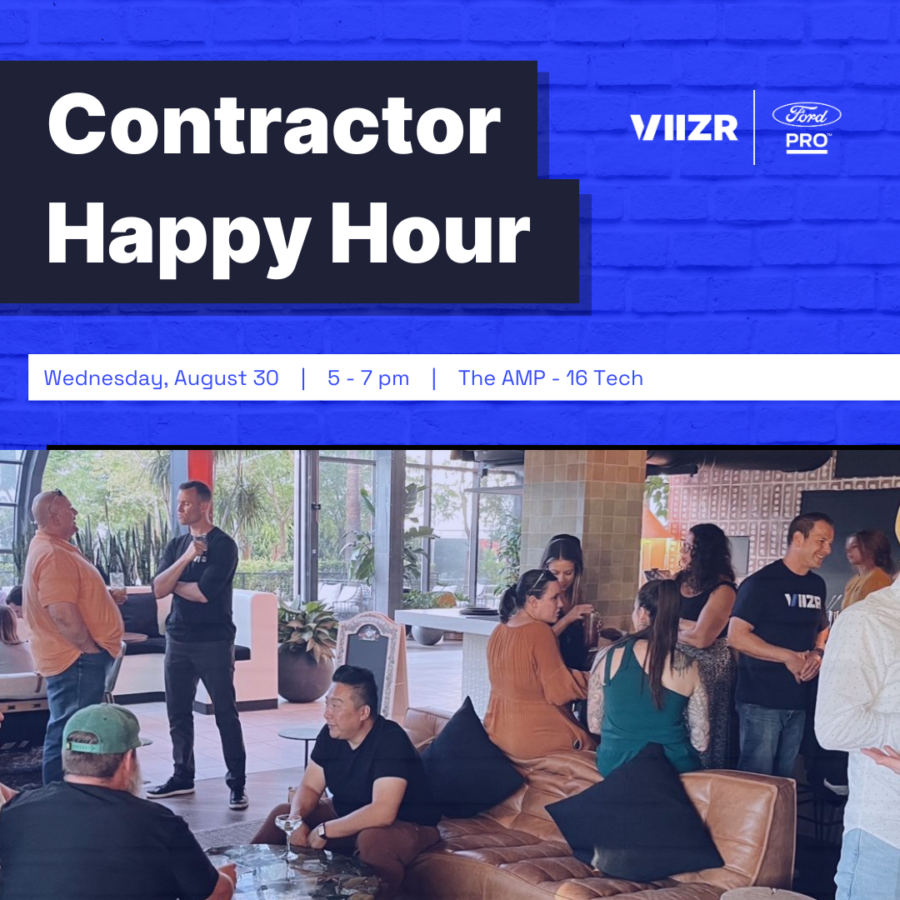On May 8, a group of musically minded individuals met at the HI-FI to discuss current music assets in Indy and steps to strategize a plan to make music a focused industry during the first U.S. Music Cities Forum, a new addition to Sound Diplomacy’s Music Cities Events series. An organization based in the United Kingdom that advises governments and businesses on developing “healthy music ecosystems to create vibrant, exciting communities”, Sound Diplomacy is trusted worldwide to create and deliver strategies that increase the value of music ecosystems. Through panel discussions and collaborative round tables, attendees and guest speakers explored the question “What makes a music city?”
The Music Cities Forum was an opportunity for creatives and stakeholders to engage in proactive discussions focused on music’s impact on tourism, economic development and policy. From these conversations, a few themes began arising.
- Indianapolis Needs a Music Strategy
Shain Shapiro, Sound Diplomacy’s CEO, summed it up perfectly when he opened the event, explaining that music cities are the world’s fastest growing cities. Economically, putting music policies in place grow a thriving and livable city. To attract top talent, increase tax revenues, and generate economic growth, having a plan in place makes sense in contributing to the health of Indy.Much like Indy did in the 1980s in putting a strategy around sports to grow the sector into the thriving powerhouse it is today, we need the same public/private partnership and concerted effort to grow our music economy. We have the assets: artists, venues, support organizations, etc., we need to put the pieces together for maximum growth.
- Our Artists and Venues Need Support
It is instrumental to put policies and practices in place that support artist and venue growth. There is a need for wrap-around support for artists that includes affordable housing, connections to resources for growth, and a pipeline for young artists. Like artists, venues need equal support for growth. Outdated liquor laws restrict venues from attracting audiences of all ages, and exclude audiences under 21. Nightlife is vital to a city’s vibrancy, and with audiences being excluded, it hampers our growth. Policies need to make it easier for venues to open their doors and to stay open.Live music affects the local economy. We must shift our perspective and put a focus on policies that make music events and ecosystems sustainable. A comprehensive strategy will outline tactics to get both groups the support services they need to thrive.
- Music Plays a Role in Tourism and Economic Development
As we tell Indy’s story, it is important to include music in the narrative. Music is a driver of economic development and tourism, and intentional strategies can create jobs and investment. Cultural amenities- including venues and festivals- make Indy a vibrant city and play a huge role in talent attraction and retention.As we grow as a city, we must be intentional in weaving our creative economies in the narrative just as we would include tech or life sciences.
NEXT STEPS
As we evaluate these themes discussed, music stakeholders in Indy will start outlining the strategy and outline ways to get the ball moving.
If you are interested in contributing to the conversation or would like to learn more, please contact Jim Rawlinson at [email protected].



